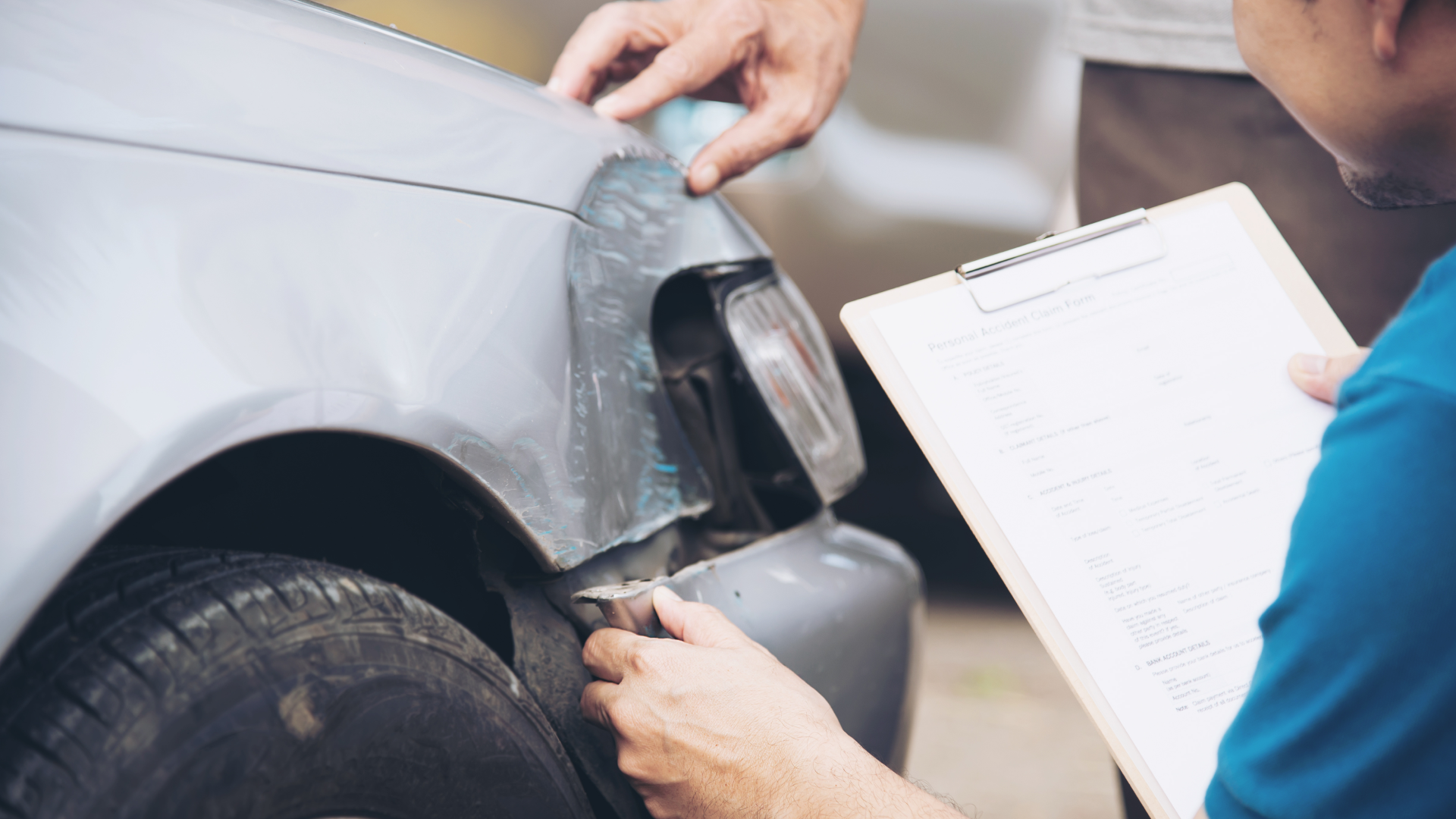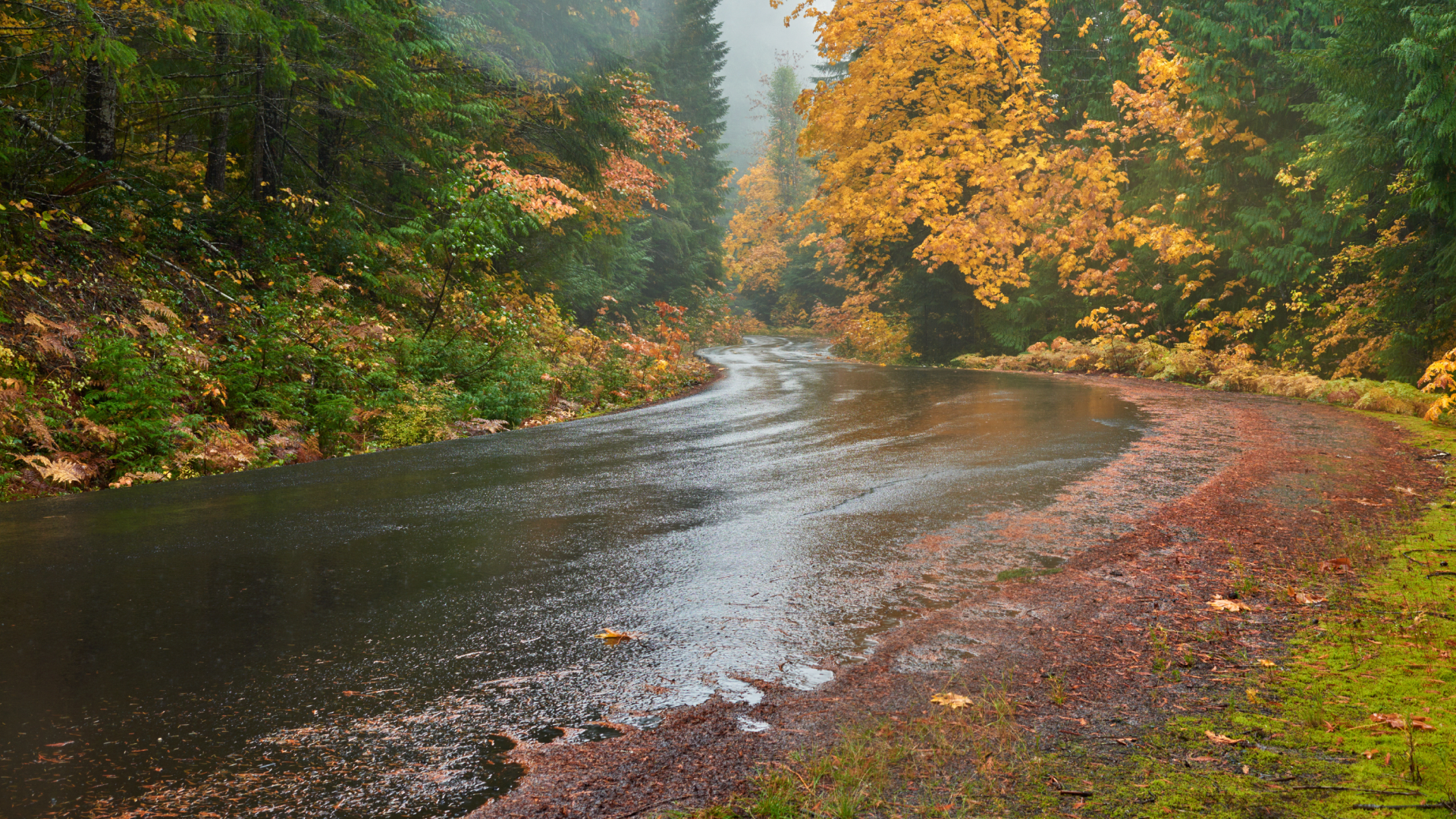A personal injury accident can happen anywhere in Bozeman—whether it’s a car crash on Main Street, a slip and fall at a local business, or a workplace injury on a construction site. When an accident occurs, gathering strong evidence can make the difference between winning or losing your case. Without proper documentation, insurance companies may deny your claim, dispute liability, or offer a low settlement.
If you have been injured due to someone else’s negligence, knowing what evidence to collect—and when to collect it—can help protect your rights and maximize your compensation.
Why Evidence Matters in a Personal Injury Claim
To successfully recover damages in a personal injury case, you must prove that:
- The other party was negligent – They failed to act with reasonable care, leading to your injury.
- The negligence directly caused your injuries – There must be a clear link between the accident and your harm.
- You suffered damages – This includes medical bills, lost wages, pain and suffering, and other losses.
Without strong evidence, the insurance company may argue that:
- You were at fault for the accident.
- Your injuries were pre-existing or not caused by the incident.
- The accident wasn’t as serious as you claim.
Key Evidence to Collect After a Personal Injury in Bozeman
1. Photographs and Videos
Visual evidence is one of the most powerful tools in a personal injury case. Take clear photos and videos of:
- The accident scene (skid marks, broken sidewalks, hazardous conditions).
- Your injuries (cuts, bruises, swelling).
- Vehicle damage (if applicable).
- Any weather conditions that may have contributed to the accident.
If you’re unable to take photos, ask a witness or a friend to do it for you.
2. Witness Statements
Eyewitnesses can provide unbiased accounts of what happened. If someone saw the accident, collect:
- Their full name and contact information.
- A written or recorded statement of what they saw.
Witness testimony can be crucial if the at-fault party disputes your version of events.
3. Medical Records and Bills
Seeking immediate medical attention is critical—not just for your health, but also for your claim. Your medical records will:
- Link your injuries to the accident.
- Provide proof of the severity of your injuries.
- Show the cost of treatment (hospital visits, physical therapy, medications).
Delaying medical treatment can hurt your claim, as insurers may argue that your injuries were not serious or unrelated to the accident.
4. Accident Reports
If police or emergency responders arrive at the scene, request a copy of the accident report. For different types of accidents, you may need:
- A police report for car accidents.
- An incident report from a business for a slip and fall.
- A workplace injury report if injured on the job.
These reports provide official documentation of the accident and can help prove fault.
5. Communication Records
Keep copies of:
- Emails and letters from insurance companies.
- Text messages or calls related to the accident.
- Any statements made by the at-fault party.
Do not discuss your case with insurance adjusters before speaking with a personal injury attorney, as they may try to use your words against you.
6. Journal of Your Injuries and Recovery
Document how the injury impacts your daily life, including:
- Pain levels and limitations.
- Missed workdays and lost wages.
- Emotional distress or PTSD symptoms.
A personal injury journal can strengthen your claim for pain and suffering damages.
How Evidence Helps You Get the Compensation You Deserve
Proper documentation can:
- Prove liability – Show that the other party was responsible.
- Increase settlement value – Insurance companies take well-documented claims more seriously.
- Protect you from false claims – Evidence helps prevent the at-fault party from shifting blame.
How Dermer Law Can Help With Your Personal Injury Case
At Dermer Law, we understand how critical evidence is in winning personal injury cases in Bozeman. Our team will:
- Investigate your accident and gather crucial evidence.
- Handle insurance negotiations so you don’t get lowballed.
- Build a strong case to help you recover maximum compensation.
Contact Dermer Law for a Free Consultation
If you have been injured in Bozeman or anywhere in Montana, do not wait to document evidence. The sooner you act, the stronger your case will be. Contact Dermer Law today for a free consultation and let us fight for the compensation you deserve.
Call our office or visit our website to get started.



